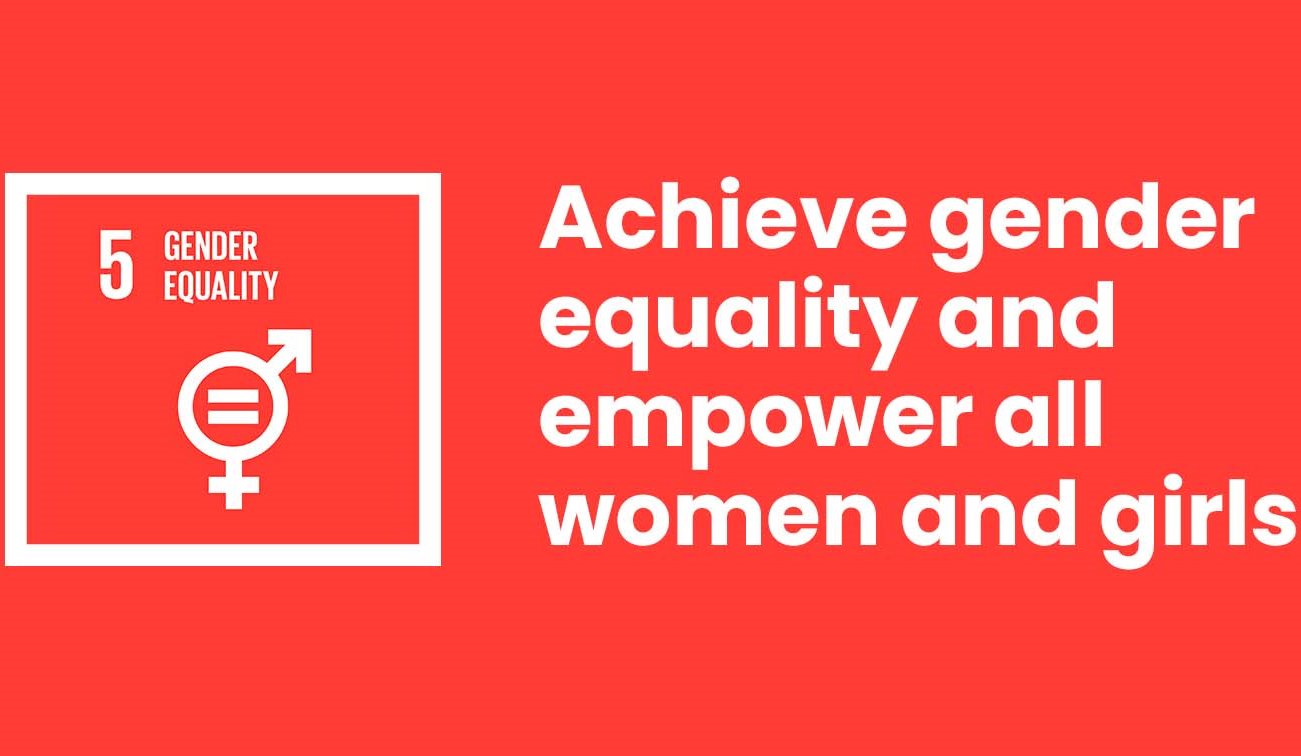As we end the year, regard women’s status…
A report released this week by The World Bank, titled Malawi Economic Monitor: Addressing Macro and Gender Imbalances is telling of the hundreds of thousands of miles that Malawi still has to cover in addressing gender gaps in various fields of the economy and achieve gender equality.
Since the 1990s, the economic status of women, (or should we call it women’s poverty status?) has drawn increased attention of economists and policy makers. In 1995, the issue was top of the international development agenda at the Fourth World Conference on Women that took place in Beijing, China. It marked a significant turning point for the global agenda for gender equality, as the meeting called for a re-evaluation of society to account for both women’s and men’s concerns. It was at that conference that the term gender mainstreaming was introduced to refer to the process of restructuring social, economic and political institutions to include gender equality as a key consideration. But decades later, the gender gaps remain wide.
The plight of women in our society is well-documented. From access to education, health, and economic well-being, data consistently shows that women are more disadvantaged than men. The 2021 World Economic Forum Gender Gap Report, as quoted by the new World Bank report, indicates that women in Malawi continue to be disadvantaged across several areas of economic participation, with female waged workers earning about 64 cents for each dollar earned by men.
Gender disparities exist even in agricultural productivity. According to the report, in 2017, agriculture contributed 26 percent of the country’s gross domestic product (GDP), with around 59 percent of employed women and 44 percent of employed men working in the sector. However, plots managed by men produce an average of 25 percent higher yields than those managed by women.
Yet, as the report rightly observes, reducing gender gaps in economic opportunities is pivotal to unlocking our country’s full inclusive growth potential, which is also what the government key development plan, the Malawi 2063 Agenda, aspires for.
The report summarises well why it is important to close the gender gap in Malawi specifically. In the area of Agriculture for example, it is estimated that closing the gender gap in the country’s agricultural productivity could lift over 238 000 people out of poverty and increase the country’s total GDP by 2.1 percent. Furthermore, giving women equal opportunities in the workplace, and eliminating the pay gap that exists between men and women, can drive inclusive growth. Currently, the gender gap in hourly wage in Malawi is higher than the average worldwide and is above that of several low-income countries, according to the report.
Key to achieving gender equality is the need to end child marriages so that girls stay in school longer and are able to attain some level of economic empowerment later in life; and reducing fertility not only so that women can have children they are able to look after, but also reduce the scramble for natural resources such as land, water and other essentials that follow population growth. At the moment, Malawi has one of the highest rates of child marriage in the world, with about 50 percent of girls married before the age of 18. As the report observes, low levels of educational attainment and high levels of child marriage are associated with poor levels of human capital accumulation, which affects women’s school-to-work transition, and hampers their capacity to participate in the workforce.
It further suggests that to realise its full potential and boost economic development, Malawi must invest in improving women’s economic opportunities by, among others strengthening women’s management of financial resources, and advancing the agenda to eliminate child marriage and increasing access to reproductive health services to reduce fertility. It further calls for the need to take a multi-pronged approach to ending gender-based violence and provide socio-emotional and professional training aimed at improving women’s business and life skills.
All these suggestions are not new, but the fact that we keep talking about the same challenges decades after the Beijing Conference, for example, and years after Malawi developed the Gender Equality Act (2013) and ratified the SADC Protocol on Gender and Development, among other regional and continental gender policies, should be cause for concern.
Therefore, as we shift towards the end of the year, it is my prayer that the responsible ministries– namely Gender, Children and Social Welfare; and Economic Planning–will use this very important World Bank report to actually address the existing macro and gender imbalances in the country. This comprehensive report should not be left to gather dust on book shelves at Capital Hill, but rather be used to inform government’s efforts towards creating the conditions for reduced bias and accelerated progress for women.
When women are economically empowered, they contribute to the well-being of their families and communities. Organisations also have a role to play in closing the gender gap, by creating environment that provide deliberate policies for supporting women’s progress, including ensuring equal pay for labour and supporting skills development for women within the workplace.
Women that sit at the decision-making table can also contribute to the systemic and structural elements that foster success for other women by creating policies for empowering and enabling women for career growth and advancement. Indeed, such women should use their influence to shape the conditions for others by supporting and influencing the systems which make the world welcoming for women’s contributions.
Finally, let’s remember that the state of women’s progress in the country’s economy is not just a women’s issue. It is an issue for all of us—so we can build communities where we can tap into the very best from every citizen, and where the future generation of girls does not have to work twice as hard in order to get the opportunities accorded to boys. The actions we take now will determine whether the next World Bank Report will have improved indicators or not. Merry Christmas!



